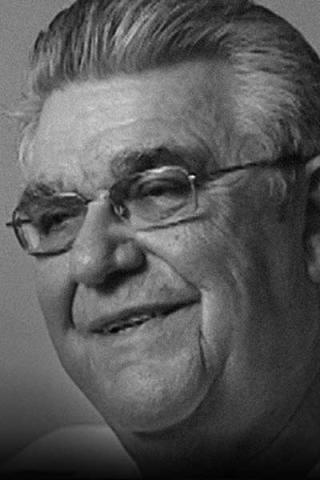
Born into an Acadian family in Mont-Carmel, Prince Edward Island, Mr. Gallant joined the Army and rose to the rank of Captain. He served two tours in Cyprus as Battery Captain as part of the United Nations Peace Keeping Force in Cyprus (UNFICYP) during the 1970s and 1980s. His methods helped many soldiers and his interventions most likely saved many lives, including many Greeks and Turks. Years later as a major, he became a UN Military Observer as part of the United Nations Truce Supervision Organisation (UNTSO), maintaining the peace between Israel, Lebanon and Syria. He worked in all three middle eastern countries and has some eye opening stories to tell.
Heroes Remember interview
View all of Fred Gallant's videos
A devastating event on duty - HTML5 Transcript/Captions
Well, there was firing every night on the line.
And I mean a lot of it was, you know, reactive.
The Turks were probably more disciplined
than the Greek. The Greeks were basically,
the officers it seemed left the line at night and
everything was in charge of a corporal or a
sergeant and one incident that happened was
my driver and I were on the line and
machine gun fire opened and you
could see the tracers going
from the Greek side to the Turkish side.
So we're approaching and you see the tracers.
So I start, I told him, “honk the horn,
honk the horn,” and we're lit up.
It's the UN flag is lit up and so on.
So he's honking and as we're approaching
the intersect line the firing stopped.
We drove through and I went to the Turkish
check point and I told them,
“just keep thing in check, I'll get back to you.”
Drove over to the Greek side and I asked,
“What's going on?” and they said,
“Well, one of the soldiers, his last night on the
line and he's intoxicated and he's going to kill
all the Turks before he leaves.
That's his last night and he's out of the
service after tonight.” And I said,
“Well, what are you going to stop him?”
“Oh, nothing.” I said, “Well you better
or else you'll all be dead by morning!”
So one of them took a rifle butt and
clamped him on the side of the head and
knocked him out and that's how they
stopped him from firing. That is one little
story that you know, you wouldn't think
something irrational like that would go
on but it did. And there were stories every
night of something going on in the line.
And our young soldiers were phenomenal in
quelling, quieting, and coercing the individuals
to stop because sometimes there were
only fifteen feet apart. And they'd be throwing
rocks at each other and yelling and all this.
It was quite, '75 was quite active.

